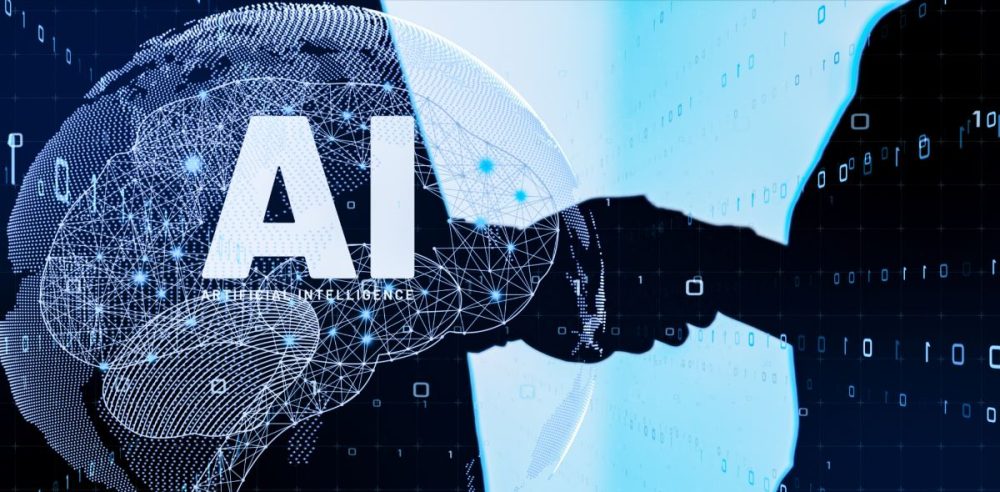A recent University of Michigan National Poll on Healthy Aging surveyed adults aged 50 and older to determine their sources of health information.
The poll also identified their level of trust in these sources and their willingness to trust health information produced by artificial intelligence (AI).
The survey revealed that a majority of older adults rely on the internet (82%) and healthcare providers (81%) for health information.
Among those who sought or received health information from healthcare providers, 76% found them to be “very trustworthy.”
In contrast, 74% of adults expressed little to no trust in health information produced by artificial intelligence (AI), with 39% indicating “not very much trust” and 35% indicating “no trust at all.”
Only 1% of the poll’s participants said they would find health information generated by AI “very trustworthy.”
Doctors admit that AI has long been used in healthcare, even if in a decision-support role, breaking down algorithms. Now, user-friendly content is being generated to allow for mainstream popularity. Think ChatGPT, which brings AI interactivity to people’s computer and phone screens.
“For a long time, people have been using the internet to get answers. It would be very atypical in today’s environment for someone to not come to a physician having already done a little bit of their own research,” said Ainsley MacLean, MD, a radiologist and chief medical information officer and chief AI officer for Mid-Atlantic Permanente Medical Group. “AI takes that search functionality to the next level from a perceived usefulness. So, a lot of times AI is more efficient than a routine search engine.”
Recognizing health and medical misinformation is difficult in a society where everyone seems to be a wannabe expert online and is trying to persuade you with their viewpoints. According to the survey, 20% of the respondents expressed little or no confidence in their ability to differentiate accurate health information.
With the overwhelming amount of information people have access to with a couple of clicks on the keyboard, doctors admit that although AI continues to advance public health, the role of a human doctor remains important.
Dr. Lozovatsky explained that AI takes all the information and tries to present what is most relevant to the user.
However, AI-generated tools “don’t always have a way to assess whether it’s good information or bad information. They take anything that they can find on the topic and put it together into a coherent statement,” she warns.
“It’s important for patients, for all of us, as we’re looking things up, to review them with a critical eye and realize that at the end of the day, we need to ask the questions of our physicians,” Dr. Lozovatsky added.
Dr. MacLean warns about trusting AI content as it can “drift.” This means you can ask the same question in different ways and can sometimes receive different, even conflicting, responses.
“I’ve definitely noticed even in the span of 10 or 15 minutes, there may be a slightly different answer, even though just one of the words in my question was asked differently,” said Dr. MacLean.
“Another really important piece to remember is that AI can be biased,” stressed Dr. MacLean.


